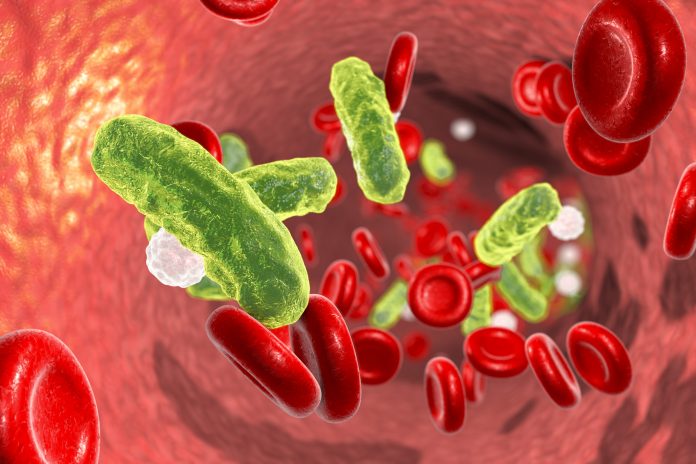
Immune-driven critical and chronic disease drug developer Endpoint Health announced earlier this week that a novel gene scoring model it developed has identified a molecular signature based on the expression of 15 genes that can classify certain patients’ immune profile and suggest a targeted approach to treating sepsis via a common treatment—hydrocortisone.
“While corticosteroids are currently recommended as a therapeutic option in patients with septic shock, we know there have been conflicting clinical findings regarding their impact on mortality,” said Mitchell Levy, M.D., director of Critical Care Medicine at Lifespan, and chief of the Division of Pulmonary, Critical Care and Sleep Medicine, and co-author of the “Surviving Sepsis Campaign: International Guidelines for the Management of Sepsis and Septic Shock.” “This research is a meaningful step towards exploring the possibility that subgroups of septic shock patients may respond differently to hydrocortisone therapy depending on their biological characteristics.”
Sepsis is the leading cause of death in intensive care units in the U.S. outside of deaths associated with a cardiac conditions. The new findings indicate it may be possible to tailor treatment of septic shock patients suffering by assessing gene expression and developing personalized treatment plans that are precisely attuned to certain gene expression signatures.
The findings, reported in the journal SHOCK, were derived from pooled, publicly available data comprising gene expression datasets of patients sepsis and septic shock to develop a gene expression-based classifier. Endpoints applied its proprietary machine learning approach that leverages unsupervised clustering of data to identify two patient subclassifications of sepsis based on the expression of 15 genes that reflect a patient immune system activity.
To identify unique biological subgroups of patients, the researchers conducted a retrospective analysis, pooling publicly available data from various gene expression datasets of patients with sepsis and septic shock. These subgroups were then further retrospectively analyzed, using data from two separate randomized placebo-controlled studies: Effect of Early Vasopressin vs Norepinephrine as Initial Therapy in Septic Shock (VANISH) trial, and Low-dose hydrocortisone reduces norepinephrine duration in severe burn patients: a randomized clinical trial (Burn trial).
Patients were classified as either immune-innate prevalent (IN-P)—if their innate immune system was predominantly active—or immune-adaptive prevalent (IA-P), if they predominantly exhibited adaptive immune system activity.
In the VANISH study the researchers found that hydrocortisone treatments in the IA-P ground was significantly enhanced 43.3% for hydrocortisone vs. 14.7% for placebo, while the outcomes were worse for the IN-P group—32.1% for hydrocortisone vs. 40% for placebo. While same mortality trends for the two subgroups were seen in the Burn study, the differences were not statistically significant.
“We are excited to share this scientific analysis in septic shock in SHOCK, which comes on the heels of our recently published ARDS study in BMJ Open,” added Jason Springs, co-founder and CEO of Endpoint Health. “These latest findings further illustrate the potential of our proprietary AI and machine learning platform to inform personalized care for critically ill patients, based on electronic health data and gene expression scoring.”











